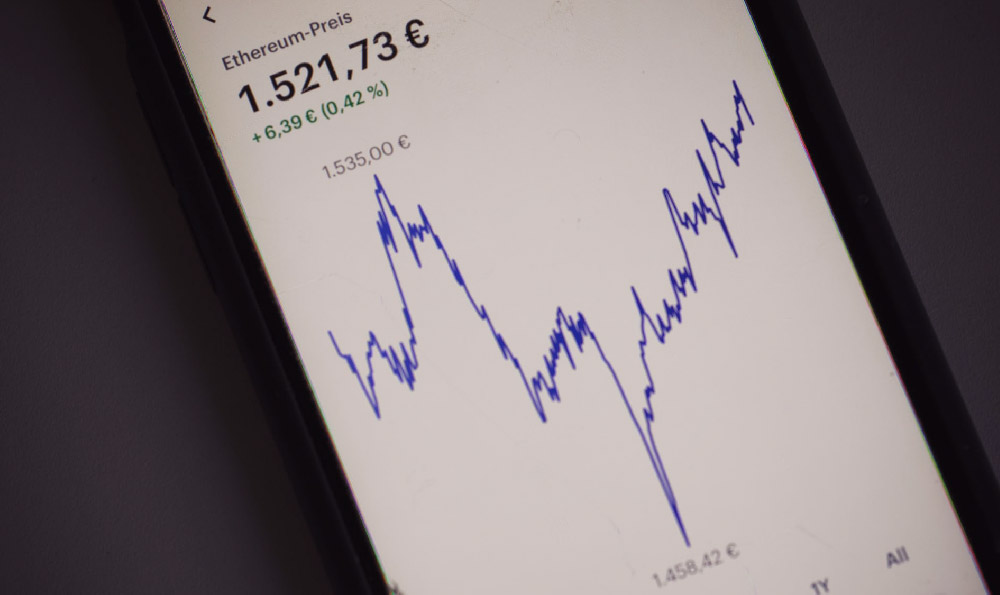
Navigating the world of small-cap investing can feel like charting a course through turbulent waters. The iShares Russell 2000 ETF (IWM), designed to mirror the performance of the Russell 2000 index, which is composed of approximately 2,000 small-cap U.S. companies, is a popular vehicle for investors seeking exposure to this dynamic segment of the market. Deciding whether IWM is a wise investment and whether now is the opportune time to buy requires a careful evaluation of various factors, including your individual investment goals, risk tolerance, and a thorough understanding of the current macroeconomic environment.
Small-cap companies, by their very nature, present a different risk-reward profile compared to their larger, more established counterparts. These companies typically have greater growth potential, driven by innovative products, disruptive technologies, or niche market dominance. This potential for rapid expansion can translate into substantial returns for investors. However, this upside potential is often counterbalanced by heightened volatility. Small-cap companies are more susceptible to economic downturns, market fluctuations, and industry-specific challenges. They often have less access to capital, thinner profit margins, and less diversified revenue streams compared to large-cap companies, making them more vulnerable to failure.
Before considering IWM, it's crucial to assess your personal investment goals and risk tolerance. Are you a long-term investor seeking aggressive growth, or are you more focused on capital preservation and stability? If you have a long time horizon and a higher risk tolerance, IWM might be an appropriate addition to your portfolio. However, if you are nearing retirement or are risk-averse, a smaller allocation to small-cap stocks, or perhaps avoiding them altogether, might be more prudent. It's important to remember that past performance is not indicative of future results, and small-cap stocks can experience significant periods of underperformance.

A thorough analysis of the current macroeconomic environment is equally important. Interest rate hikes, inflation, and geopolitical uncertainty can significantly impact small-cap companies. For example, rising interest rates can make it more expensive for small-cap companies to borrow money, potentially hindering their growth prospects. Inflation can erode their profit margins as they struggle to pass on higher costs to consumers. Geopolitical instability can disrupt supply chains and create uncertainty in the market, leading to increased volatility.
Currently, the macroeconomic landscape presents a mixed picture. Inflation remains elevated, although there are signs that it may be cooling down. The Federal Reserve has been aggressively raising interest rates to combat inflation, and the potential for a recession looms large. These factors could create headwinds for small-cap companies. However, a resilient labor market and strong consumer spending could provide some support. Furthermore, if the Federal Reserve pivots and begins to ease monetary policy, small-cap stocks could benefit from the resulting increase in liquidity and investor sentiment.
Beyond the overall macroeconomic environment, it's also important to consider the specific sectors represented within the Russell 2000 index. Technology, healthcare, and financial services are typically among the largest sectors represented. Understanding the outlook for these sectors can provide valuable insights into the potential performance of IWM. For instance, if you believe that the technology sector is poised for a rebound, IWM might be an attractive investment. Conversely, if you are concerned about the outlook for the healthcare sector, you might want to reconsider.
Analyzing the valuation of IWM relative to its historical averages and to other market indices is another crucial step. If IWM is trading at a significant discount to its historical averages, it could indicate that it is undervalued and presents a buying opportunity. However, it's important to consider why the valuation is low. Is it due to temporary headwinds or more fundamental problems? Comparing IWM's valuation to that of the S&P 500, for example, can provide insights into whether small-cap stocks are relatively cheap or expensive compared to large-cap stocks.
Another factor to consider is the expense ratio of IWM. While relatively low compared to actively managed funds, the expense ratio still impacts the overall returns. There are other small-cap ETFs available, and it's worth comparing their expense ratios and tracking errors to IWM to ensure you are choosing the most cost-effective option.
Finally, consider dollar-cost averaging as a potential strategy for investing in IWM. Dollar-cost averaging involves investing a fixed amount of money at regular intervals, regardless of the price of the asset. This strategy can help to mitigate the risk of buying at the top of the market and can smooth out returns over time.
In conclusion, whether IWM is a wise investment and whether now is the right time to buy depends on your individual circumstances and your assessment of the various factors discussed above. There's no one-size-fits-all answer. It's essential to conduct your own due diligence, consult with a financial advisor, and make informed decisions based on your own risk tolerance, investment goals, and understanding of the market. While the potential rewards of investing in small-cap stocks can be substantial, it's equally important to be aware of the risks involved and to manage your portfolio accordingly.





